National Extreme Risk Protection Order (ERPO) Resource Center

A Tool to Save Lives
An Extreme Risk Protection Order (ERPO)1 is a civil court order that temporarily restricts firearm access for an individual who is behaving dangerously or presents a high risk of harm to self or others.
A Resource for Implementers
The Johns Hopkins Center for Gun Violence Solutions, in collaboration with the U.S. Department of Justice, Bureau of Justice Assistance (BJA), established the National ERPO Resource Center (ERC) in 2023.
1 ERPOs are also referred to as red flag laws, among other names. For example, Delaware’s ERPO law is called a Lethal Violence Protection Order and California’s ERPO law is called a Gun Violence Restraining Order.



